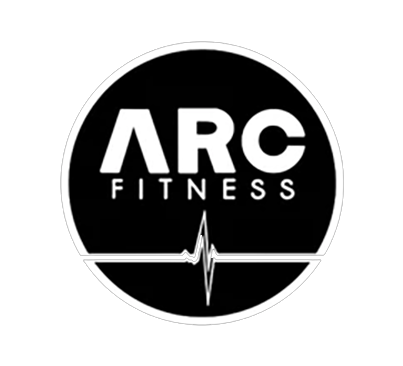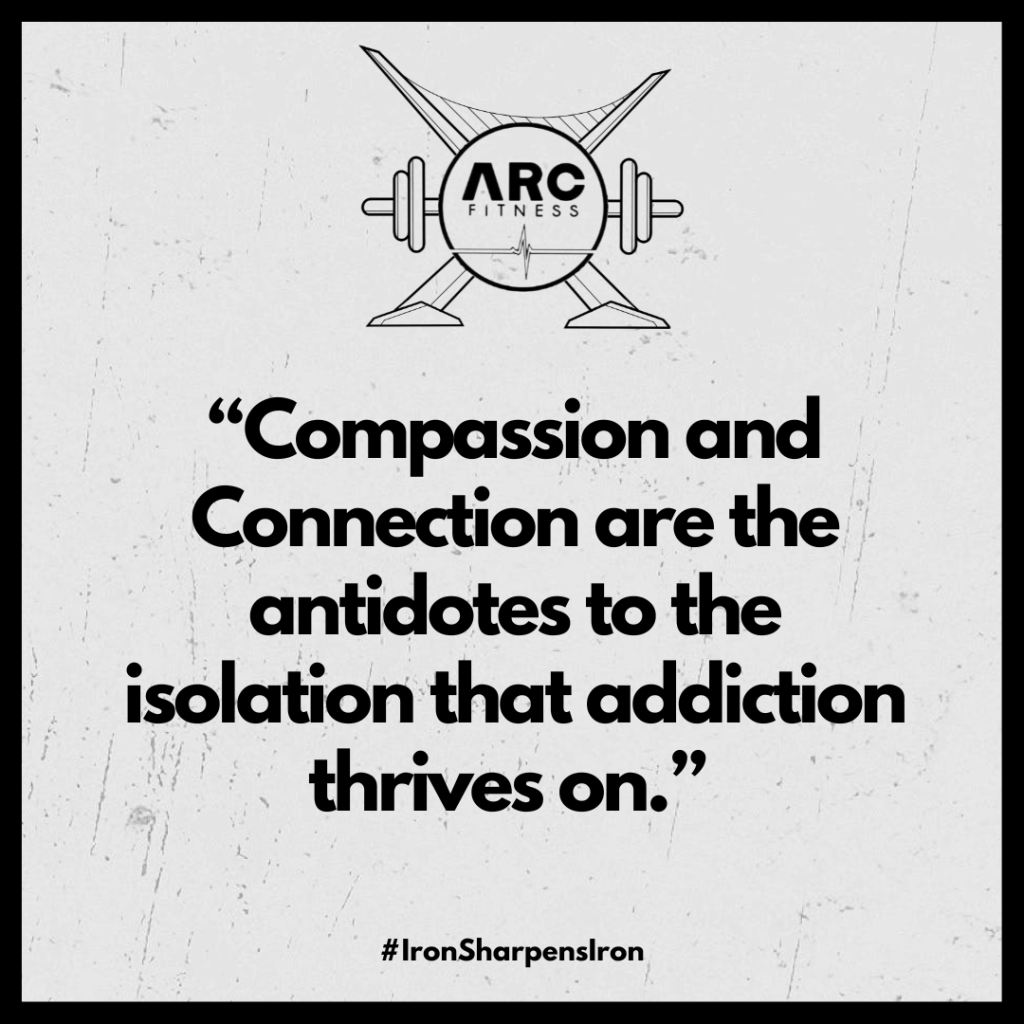No products in the basket.
Uncategorized
Self-Compassion Beats Self-Criticism Every Time
Self-Compassion Beats Self-Criticism Every Time
When it comes to recovery, many people think they need to be hard on themselves to succeed. The internal dialogue often sounds like: “I should know better.” “I’m weak.” “I can’t believe I slipped again.” This harsh inner voice masquerades as motivation, but science tells a different story.
At ARC Fitness, we believe that self-compassion, not self-criticism, is the true fuel for lasting change. Here’s why.
The Lie of Self-Criticism
Self-criticism tricks you into believing it’s helping you stay accountable. But in reality, it activates the brain’s threat system, spiking cortisol and keeping you stuck in fight-or-flight. Instead of inspiring change, it reinforces shame—the very emotion that often fuels relapse and self-destructive behaviours.
When you constantly beat yourself up, you stay trapped in the narrative of failure. And when failure is your identity, why would you believe you can succeed?
The Power of Self-Compassion
Self-compassion isn’t about letting yourself off the hook. It’s about recognising that being human means being imperfect. It’s about treating yourself with the same kindness, care, and encouragement you’d offer a friend who was struggling.
According to research by Dr. Kristin Neff, people who practise self-compassion are:
- More resilient in the face of setbacks
- Less likely to experience anxiety and depression
- More motivated to improve themselves
- Better able to maintain healthy behaviours over time
Why? Because compassion reduces fear and builds safety. And safety is the soil where growth happens.
Three Elements of Self-Compassion
- Self-Kindness – Replace harsh self-talk with supportive language. Instead of “I’m such a failure,” try “This is hard right now, but I’m doing my best.”
- Common Humanity – Remind yourself that struggle is part of being human. You’re not alone in this. Others have been here too.
- Mindfulness – Notice painful thoughts and feelings without exaggerating or avoiding them. Acknowledge them for what they are: thoughts and feelings, not facts.
Why Self-Compassion Supports Recovery
Recovery is not a straight line. There will be slip-ups, hard days, and moments of doubt. Self-compassion gives you the tools to navigate these moments without spiralling into shame. It helps you:
- Respond instead of react
- Stay engaged instead of shutting down
- Learn from setbacks instead of being defined by them
- Reconnect with your why, your purpose, and your progress
What Self-Compassion Sounds Like
- “I’m struggling today, but that doesn’t mean I’m failing.”
- “This mistake doesn’t erase all the progress I’ve made.”
- “I deserve support, even when I’m not at my best.”
How ARC Encourages Self-Compassion
At ARC Fitness, we create environments where compassion is modelled, practised, and encouraged. In our coaching, group sessions, and workshops, we actively challenge the myth that you have to be hard on yourself to change.
We help clients:
- Identify and shift harmful self-talk
- Celebrate small wins and efforts, not just outcomes
- Reflect on progress with curiosity, not judgment
- Build resilience through kindness, not cruelty
Final Word: Beating Yourself Up Doesn’t Work
Shame doesn’t change behaviour. Support does. And the most important support often starts with the way you speak to yourself.
If you’re on a recovery journey, remember this: self-compassion isn’t weakness—it’s strength. It’s the mindset that gives you the space to grow, to heal, and to keep going.

